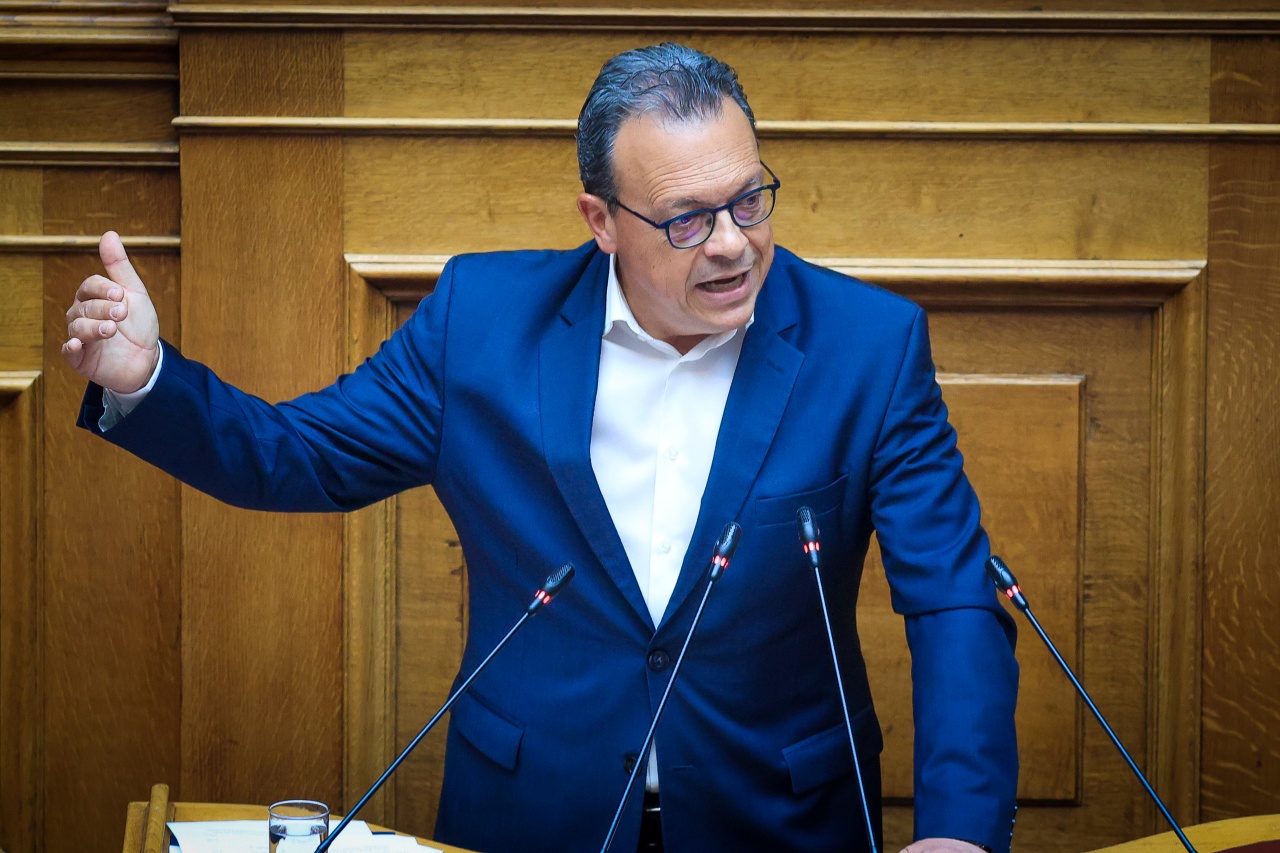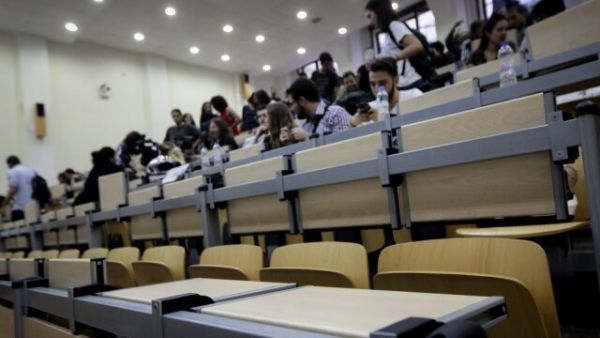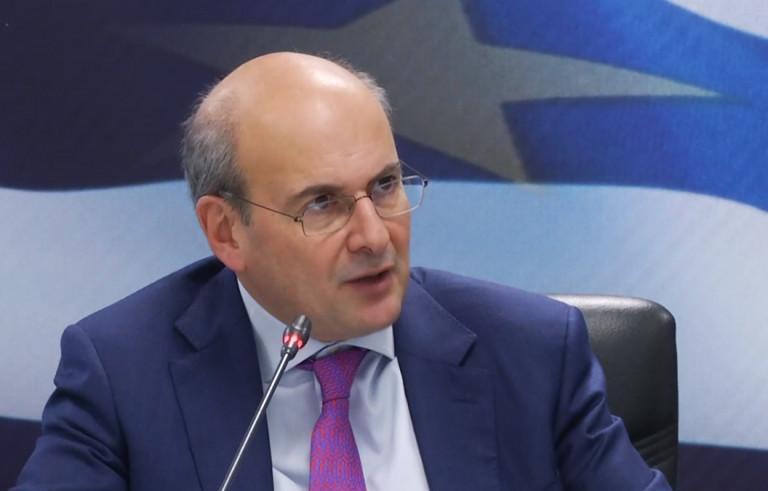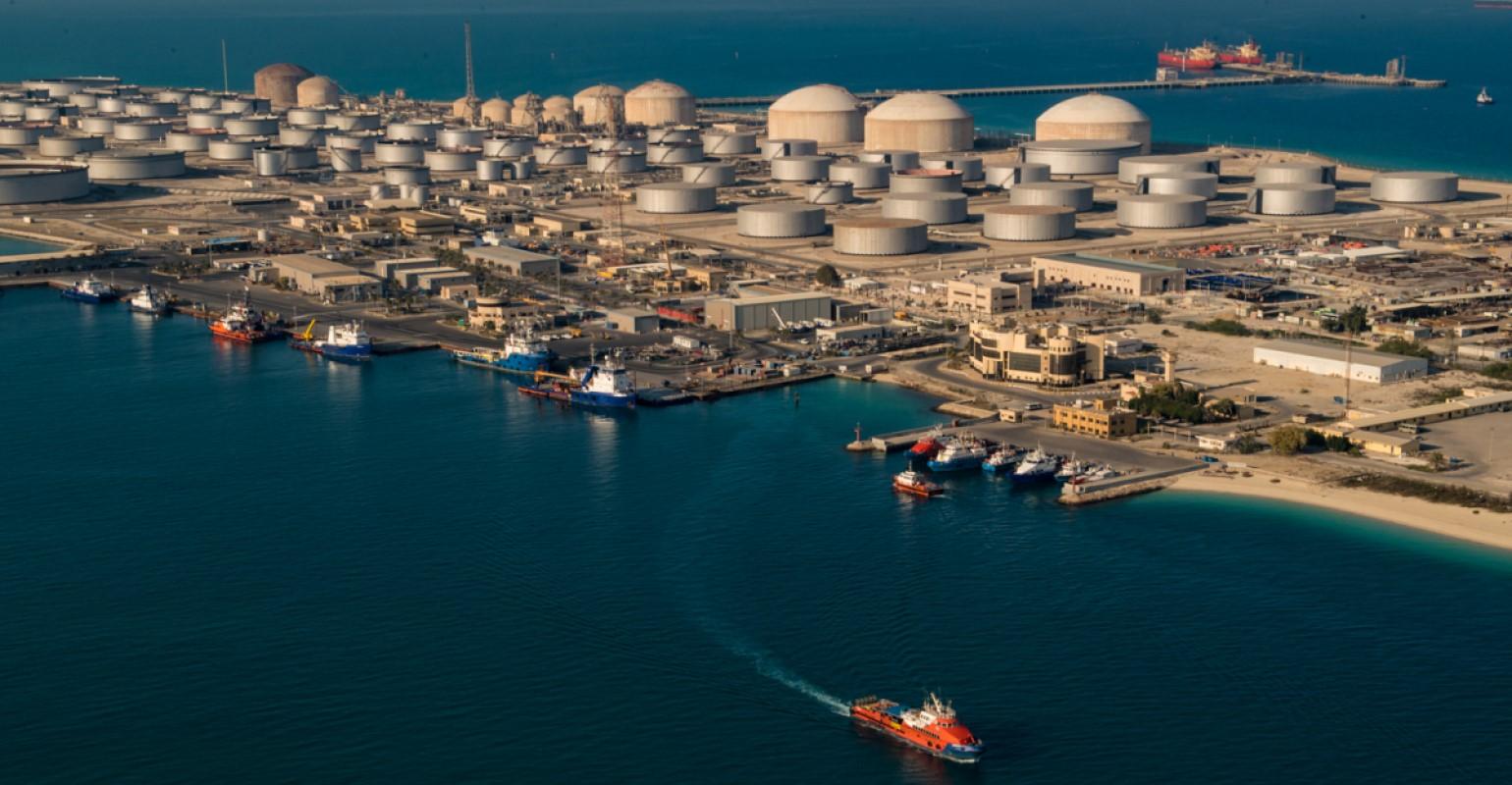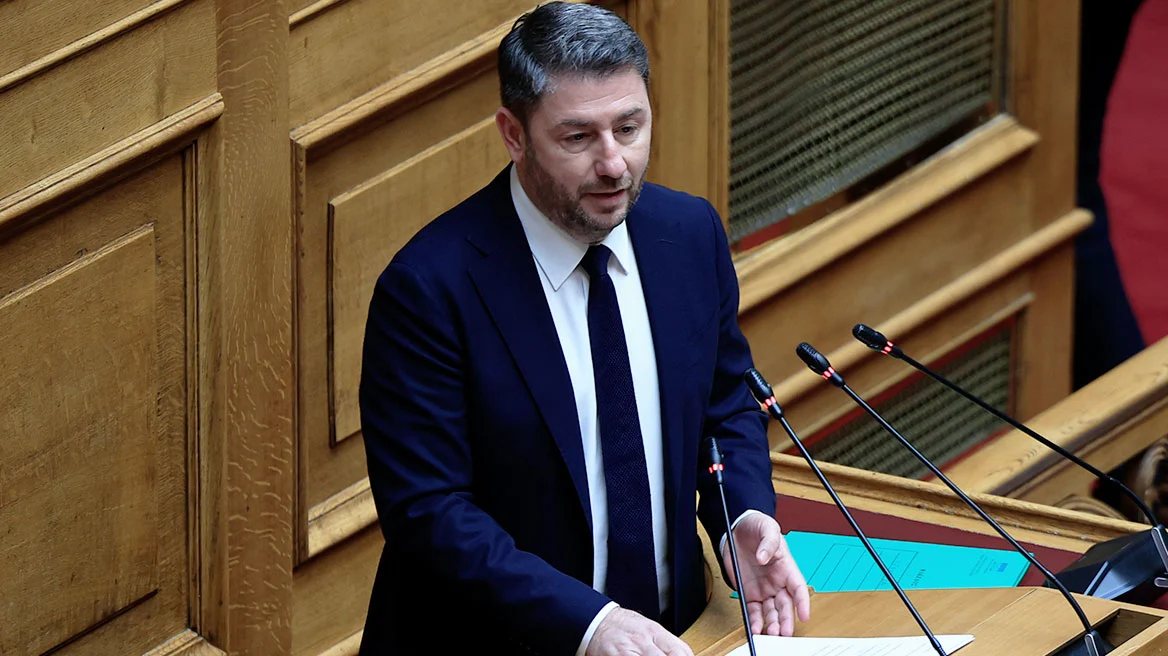In his customary weekly social media update, Prime Minister Kyriakos Mitsotakis touched on several topics, including the Thessaloniki Metro, the upgrade of Greece’s credit rating by Scope Ratings, and the new national budget, on Sunday Dec., 8.
Mitsotakis emphasized that his government’s policies aim at creating more, better-paid and safer jobs, a goal that can be achieved with the implementation of the new method for calculating the minimum wage in Greece, which was passed this week and will take effect from 2027 onwards.
“I remind you that we are committed to raising the minimum wage to 950 euros, up from the 650 euros we inherited in 2019—an increase of 46%” stated the prime minister.
Addressing banking fees, the prime minister emphasized the need for a more competitive banking system that benefits borrowers and depositors alike.
“Now that the banks’ restructuring has been completed with significant help from the state and taxpayers, they must, in turn, responsibly return a share of the growth dividend to society,” stressed the prime minister.
He further expressed his dissatisfaction regarding the stance of Greek banks mentioning their reluctance when it comes to providing more affordable business and housing loans to citizens while stressing that they have not yet reduced fees despite having been repeatedly called upon to do so.
“Their response so far, as I mentioned on Thursday in Parliament, has not been satisfactory. Therefore, yes, we will soon announce interventions in the banking sector to ensure its smooth and competitive operation,” he affirmed.
The prime minister, citing the delivery of the Thessaloniki Metro as an example—a project that received significant international media attention—mentioned that during his recent visit to London, he had the opportunity to present Greece’s ongoing transformation to global investors.
Mitsotakis noted that this transformation is driven by major public and private investments that have been set in motion. These investments are part of a broader strategy aimed at strengthening the country’s economy while maintaining fiscal stability, which creates favorable conditions for attracting productive investments, both domestic and international.
“The interest, I assure you, is significant, partly because Greece remains a pillar of stability in a region rife with geopolitical challenges,” the prime minister stated.
Source: tovima.com
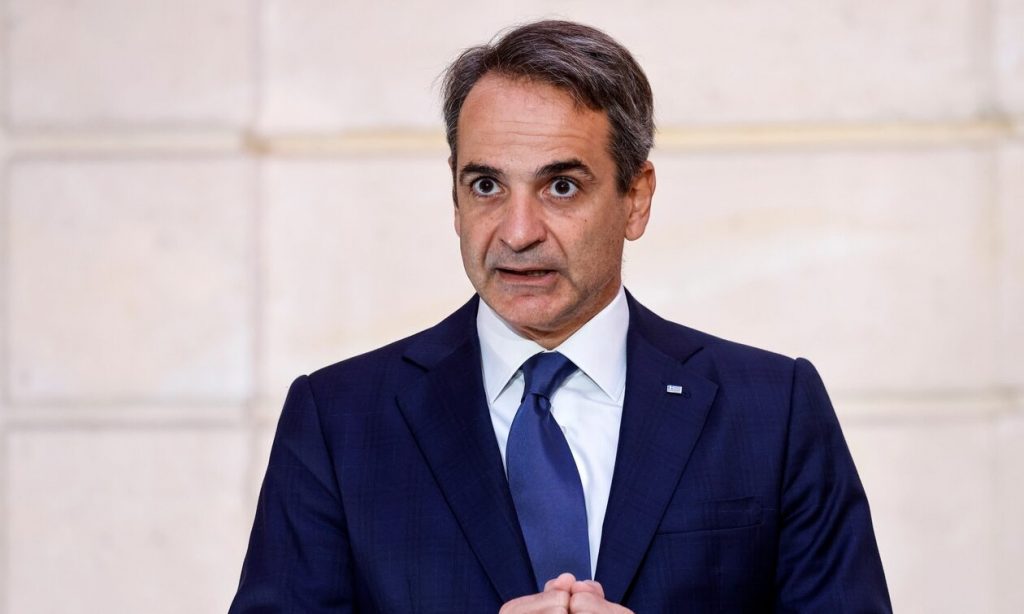
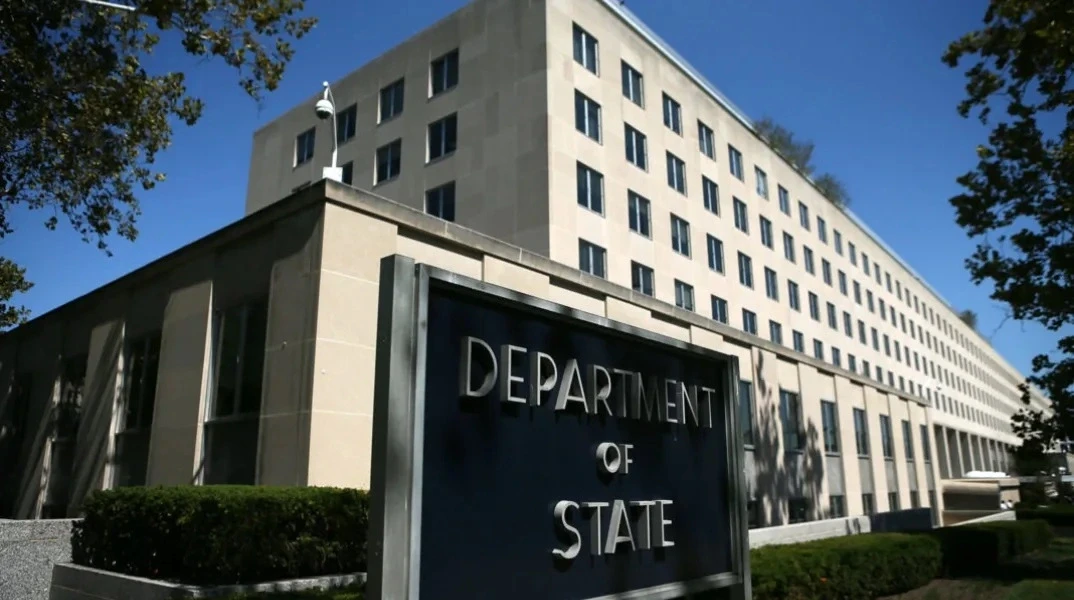
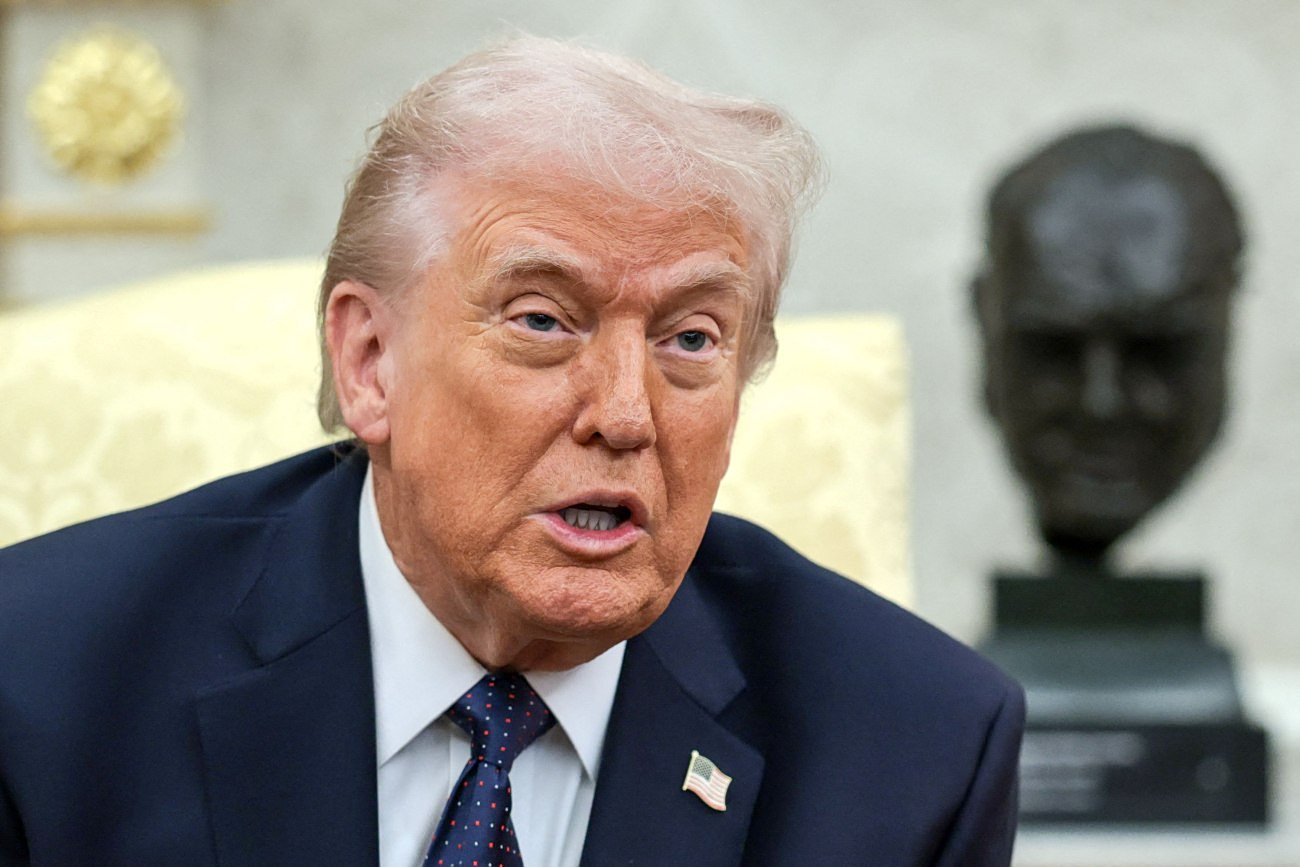
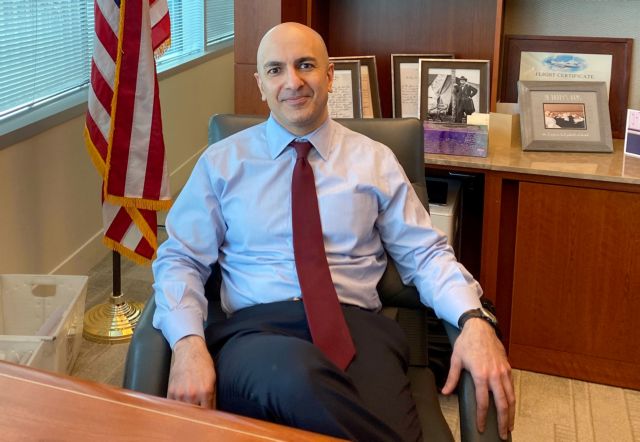

![Χρυσή λίρα: Μια ανάσα από τα 1.200 ευρώ η τιμής της [πίνακας]](https://www.ot.gr/wp-content/uploads/2026/03/ot_iran_war_lires_up-300x300.png)
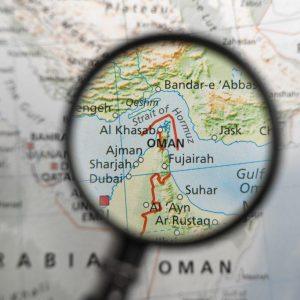

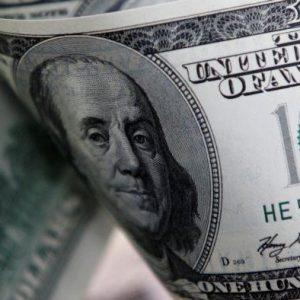
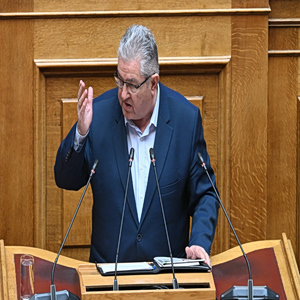
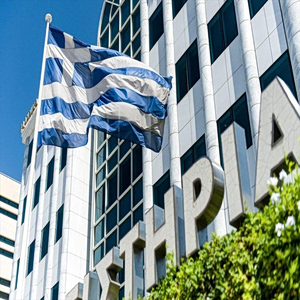
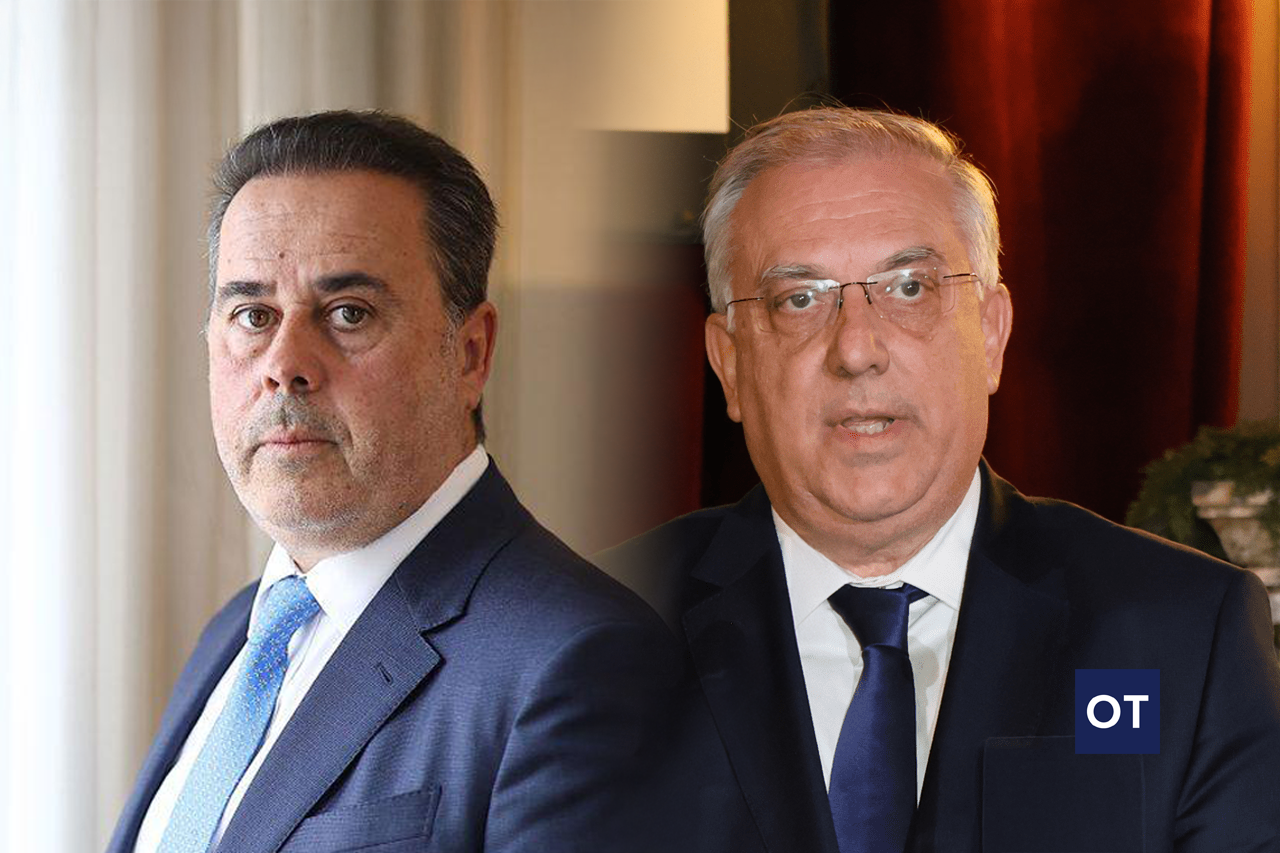




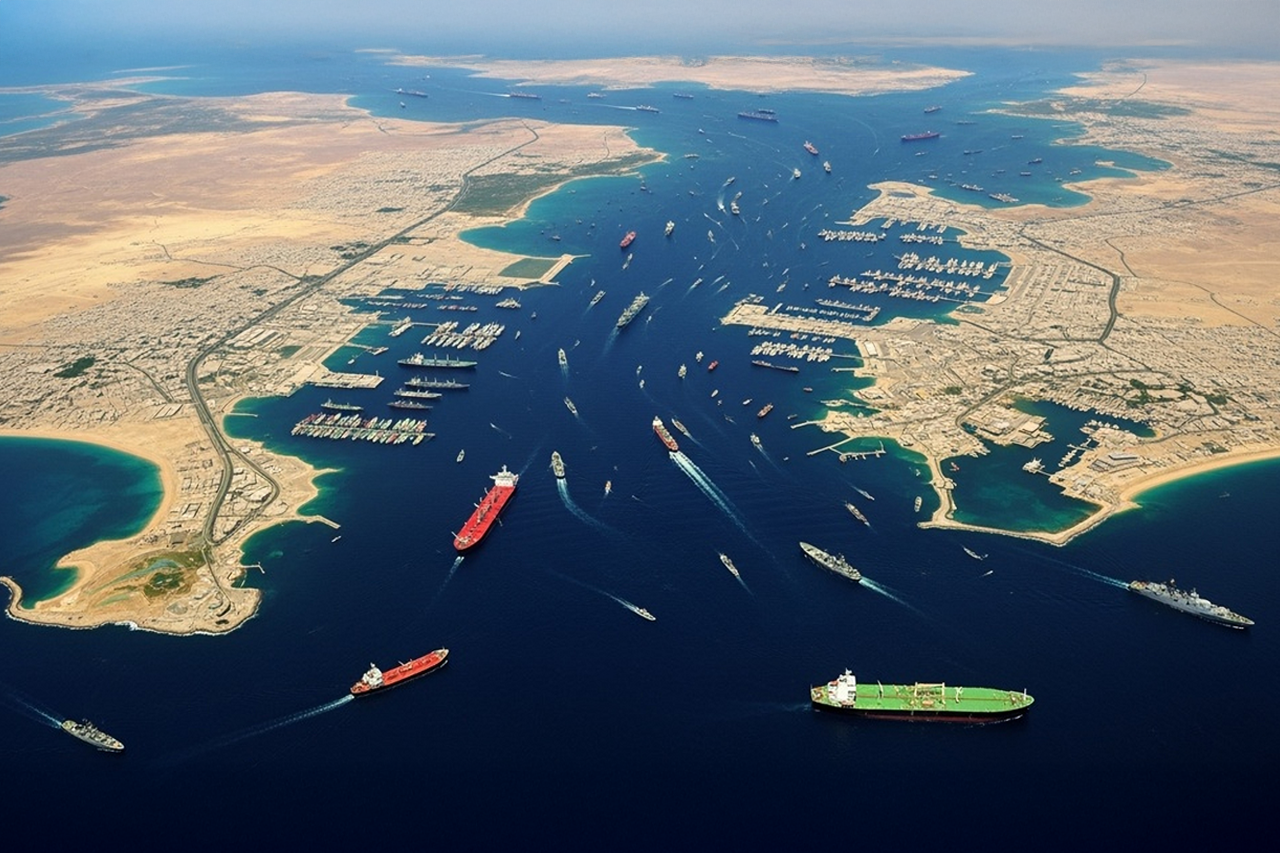

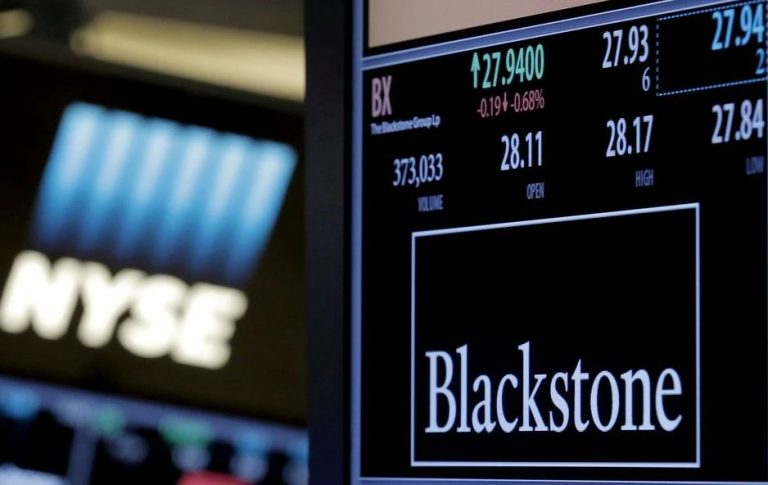

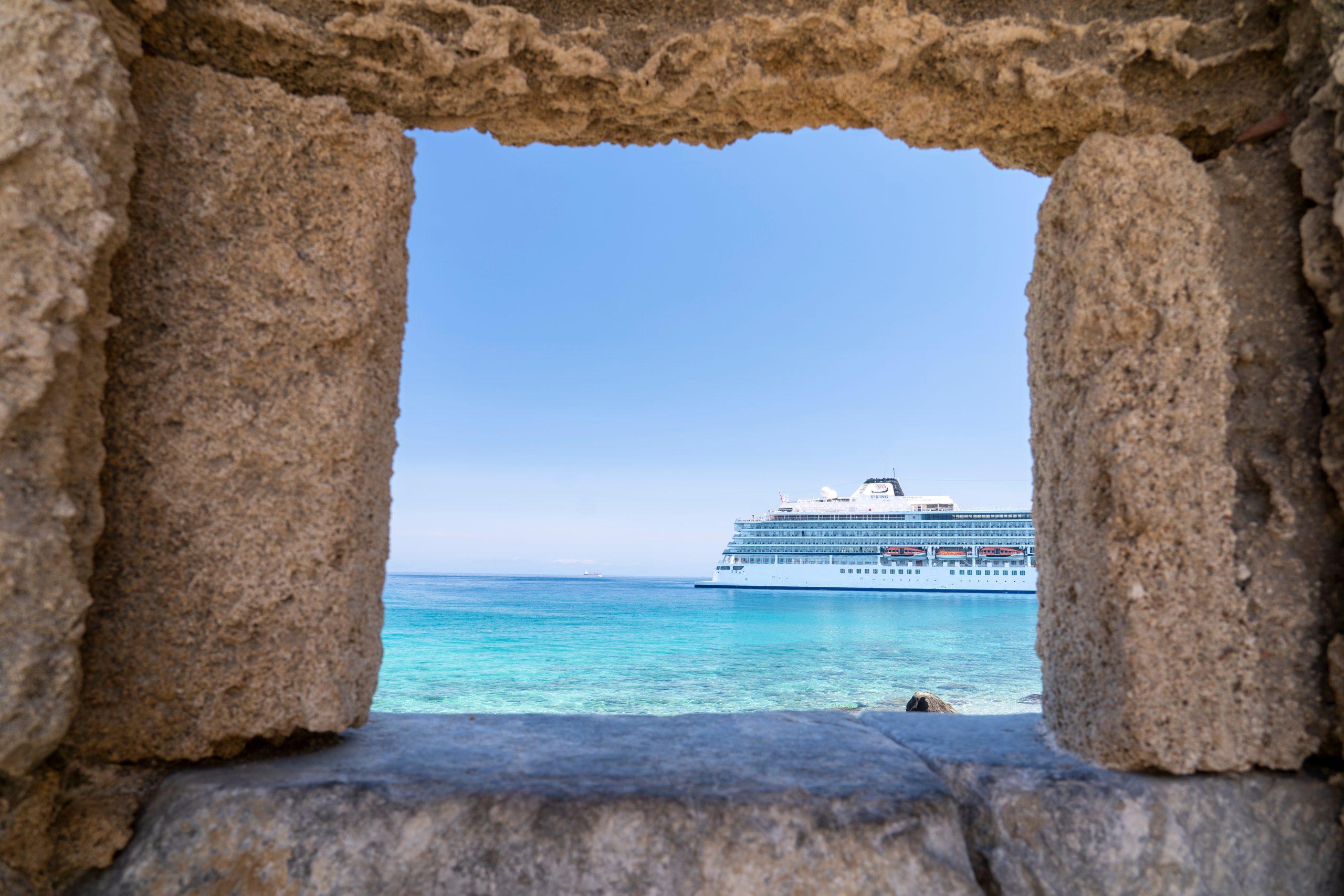

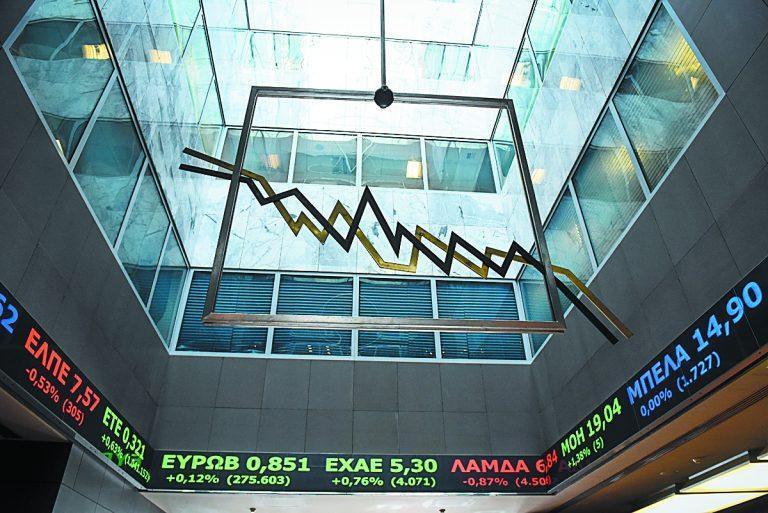
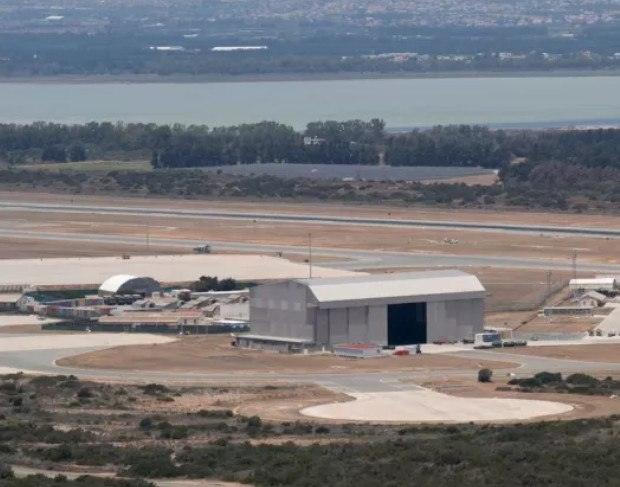
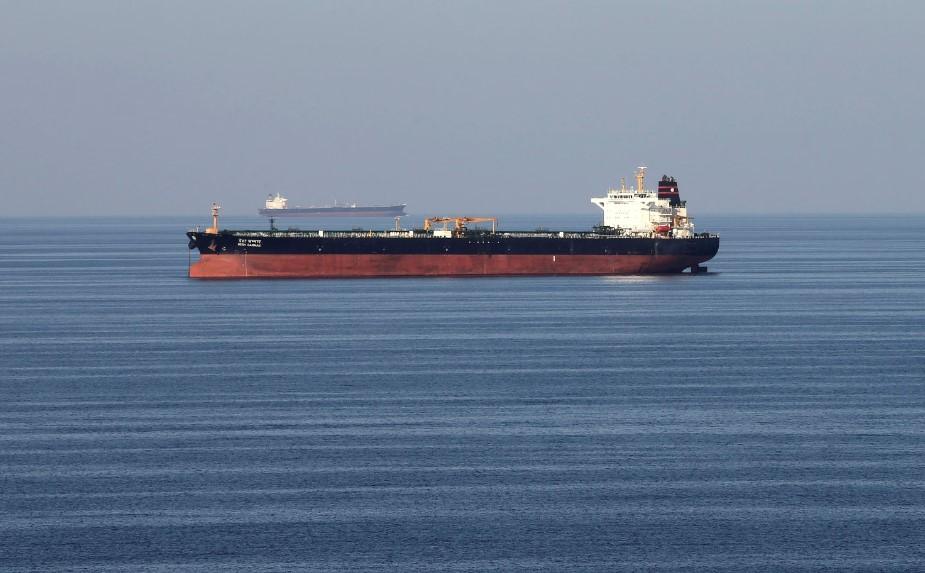

![Χρυσή λίρα: Μια ανάσα από τα 1.200 ευρώ η τιμής της [πίνακας]](https://www.ot.gr/wp-content/uploads/2026/03/ot_iran_war_lires_up.png)
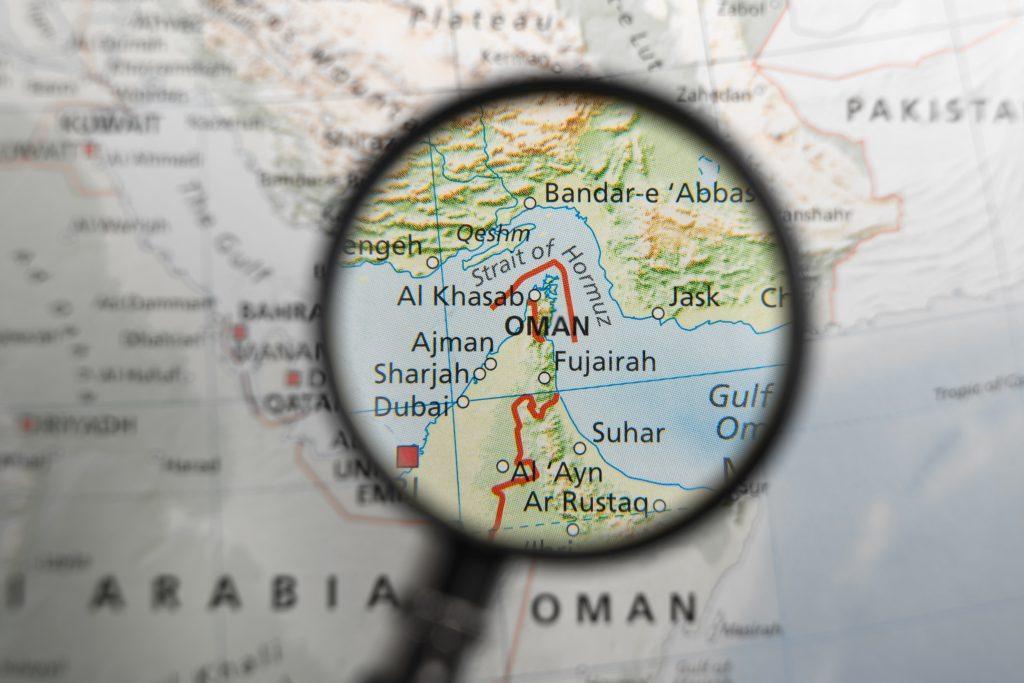
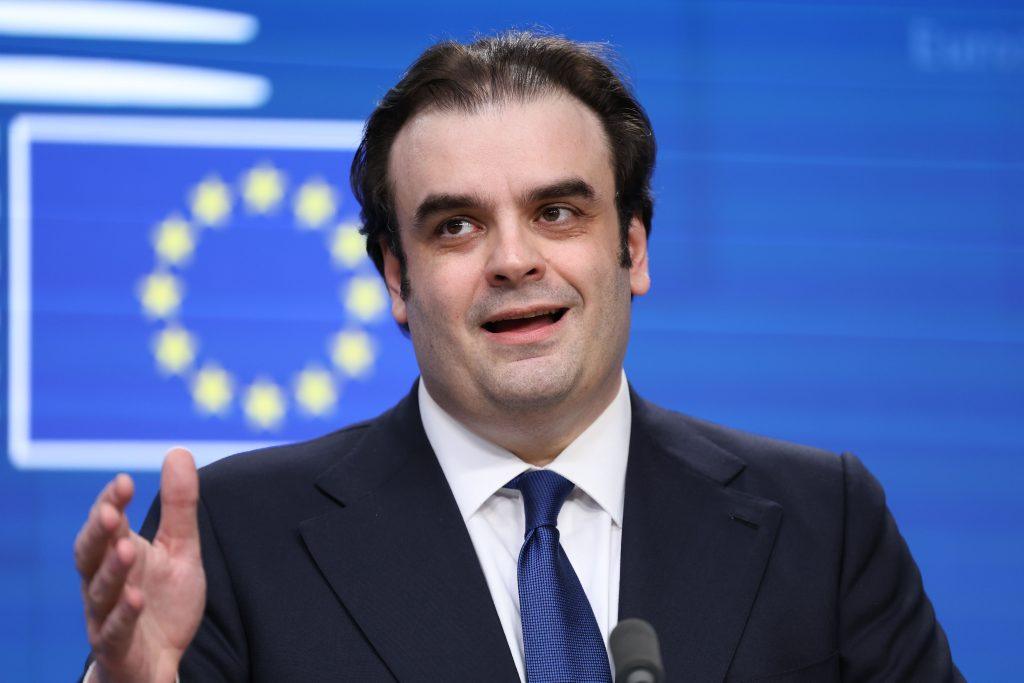

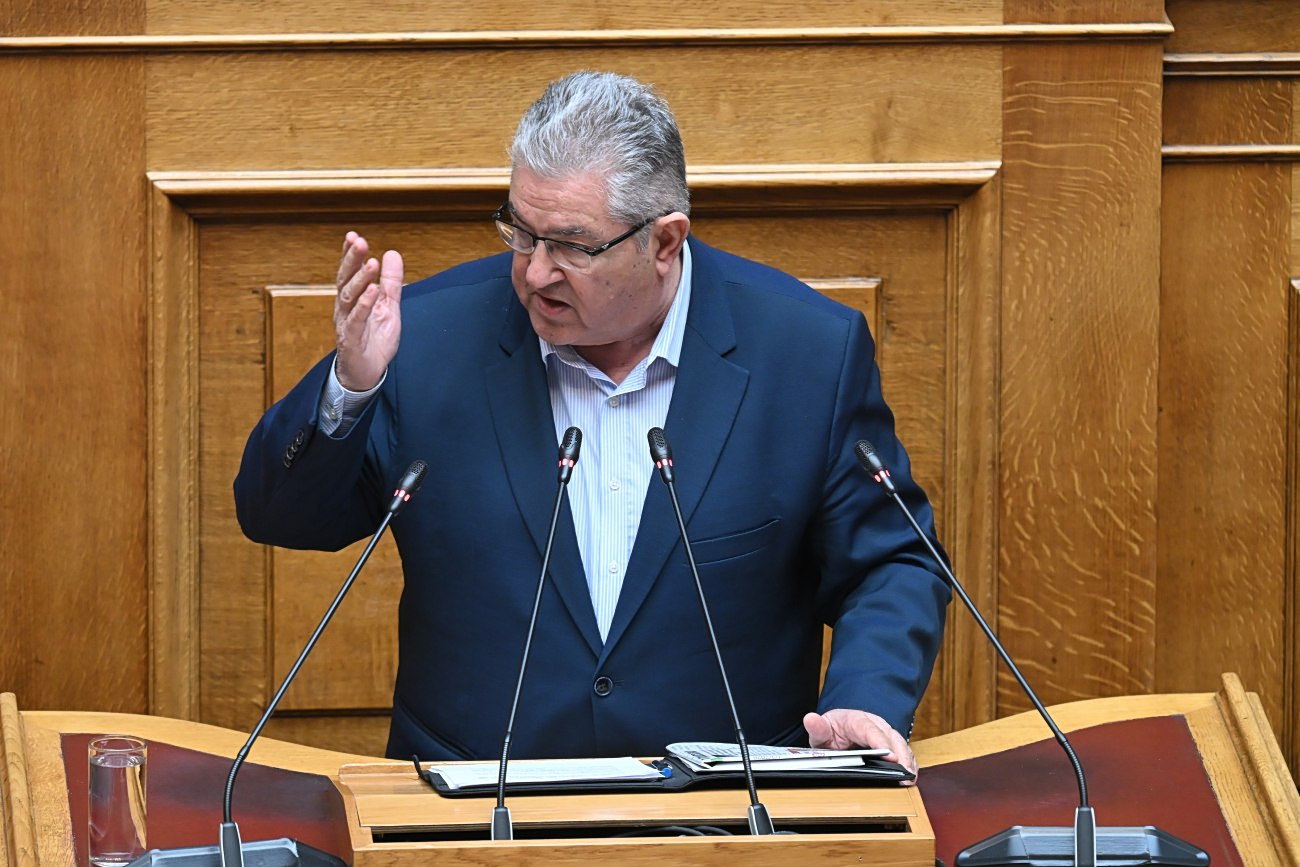
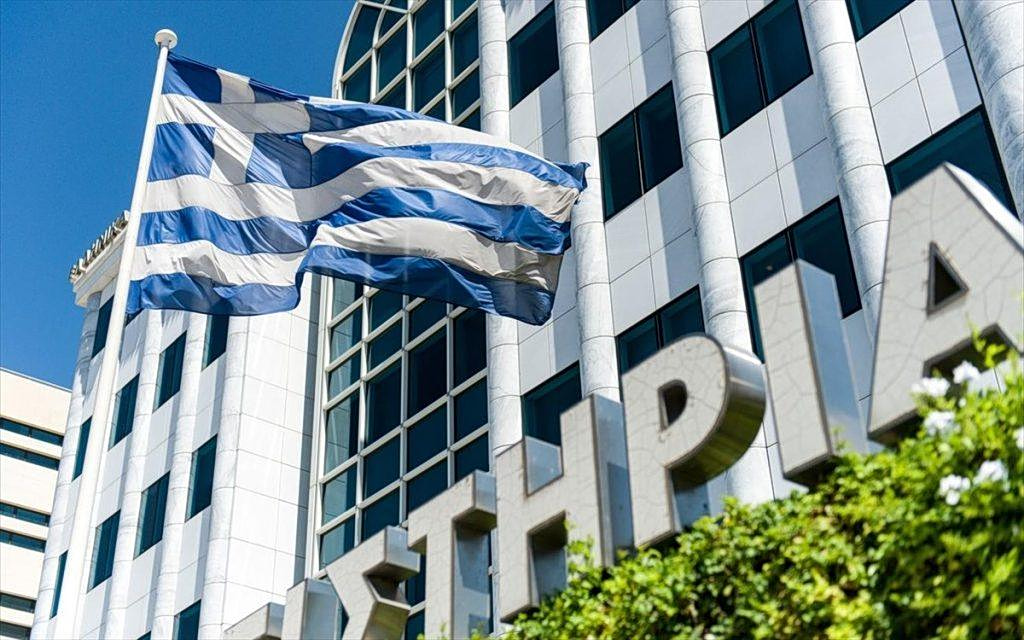

![Σούπερ μάρκετ: Στο 1,38% ο πληθωρισμός τον Φεβρουάριο [πίνακας]](https://www.ot.gr/wp-content/uploads/2026/02/SUPER-MARKET-1024x683-1.jpg)

